LIA Stage 3: Life with AI in Zurich: Leading Among Peers
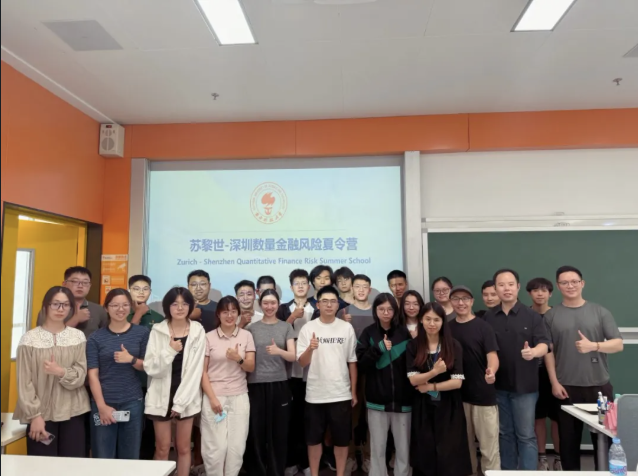
After the Shenzhen camp with underprivileged high school students, I traveled (virtually and logistically) to Switzerland for the second part of Life with AI: a two-week camp at ETH Zurich, co-hosted with SUSTech. Unlike Shenzhen, where the challenge was to awaken curiosity in hesitant learners, Zurich was about engaging students who were already on the path — university students with strong academic foundations, some from Switzerland, most from China.
On paper, this camp looked like the easier one. In reality, it presented a very different kind of leadership challenge: learning how to position myself as a leader among peers, while managing a professional-level program in a country I had never been to before.
A Professional Curriculum
Where Shenzhen was about discovery, Zurich was about depth. We accepted around 50 students from nearly 300 applicants, with a handful of Swiss students joining the Chinese cohort. These were motivated, high-achieving young adults, already studying finance, AI, or related fields at leading universities.
The curriculum we built for them was demanding. In collaboration with ETH professors and SUSTech, we created a mixed program that combined:
-
Lectures and workshops by academics and industry leaders — from professors in AI and finance, to executives at UBS, insurance companies, and experts in digital currencies.
-
Company visits to places like Apex (a quant trading firm specializing in energy markets across Europe) and Lexin (an AI-driven credit evaluation company in China).
-
Hands-on projects, where students pitched entrepreneurial ideas or tested basic financial strategies. One student even wrote a trading algorithm that earned 13% in a month — a striking early success, though of course the long-term outcome remains to be seen.
This wasn’t just theory. It was a structured introduction to how AI is reshaping finance, and how students might apply these insights to their future careers.
Remote Planning, Real Challenges
Organizing this camp was uniquely difficult. I had never been to Zurich, yet I had to handle the entire infrastructure remotely: hotel bookings, classroom reservations, transit passes, museum visits. Everything was done across time zones, with long delays for even small confirmations.
There was also the visa process, which I had to coordinate for dozens of students. Every approval was a small victory. By the time the camp began, the relief I felt seeing students actually walking into the ETH classrooms — spaces I had only ever known through email confirmations — was indescribable.
The Shy Professionals
But once the camp began, another challenge surfaced.
Unlike the high school students in Shenzhen, the Zurich students were steady, mature, and well-prepared. Yet, paradoxically, they were also shy and hesitant to participate. They sat quietly through lectures, reluctant to ask questions or present ideas, even when they had strong academic backgrounds.
This was frustrating at first. I had expected them to be bold, to seize the chance to network with professors and executives. Instead, I saw hesitation, perhaps stemming from the pressure of being in such a prestigious environment.
To address this, I worked with teachers to incentivize participation — offering recognition, small rewards, and opportunities to showcase ideas. Gradually, students began opening up. By the second week, many who had been silent were delivering thoughtful project pitches and engaging actively in discussions.
Leading Among Peers
For me personally, the Zurich camp carried a different kind of leadership challenge: how to position myself among peers.
At 20, I was close in age to the university students. Yet I was the organizer, the one giving instructions, making schedules, and coordinating between ETH, SUSTech, and the students. This created a distance.
Some students saw me almost as a teaching assistant, someone “official” but not quite a peer. They respected me and followed my organization, but they didn’t approach me casually or seek me out as a friend. At first, I felt left out. But over time, I realized this distance was not necessarily a weakness. It was a form of professional respect. By maintaining that boundary, I could lead more effectively, ensuring smooth coordination without blurring the lines of authority.
It was a subtle but important lesson: leadership among peers requires a balance between approachability and authority. Too much one way, and you lose respect. Too much the other way, and you lose connection. I’m still figuring out where that balance lies, but Zurich gave me a real-world testing ground. As a peer, I was handling many tasks that usually parents did, guiding them to places, making sure no one was missing and that people are behaving safely and responsibly, so boundaries would need to be set in order for my rules to be followed, whether I like the boundaries or not.
Teachers, Recognition, and Feedback
One of the most rewarding aspects was the response from the teachers. Many of them deeply appreciated the effort it took to organize such a camp, and one even posted about the experience on LinkedIn. Their recognition validated the countless hours of invisible work — the emails, the spreadsheets, the contingency plans.
The student feedback, however, was more mixed. Many commented on how much they learned, but often in surface-level terms — lists of facts or ideas, rather than reflections on how the experience might change their career paths. This left me questioning whether the camp had delivered the deeper impact I had hoped for. Perhaps the admissions process could have been more selective, or the promotional materials more focused on attracting students who wanted not just knowledge, but transformation.
My Reflection
Looking back, Zurich was a success. The logistics worked, the curriculum was delivered, the students learned, and partnerships with ETH and SUSTech were strengthened. But for me personally, the camp was more than that. It was a lesson in leading across borders, cultures, and age groups.
I learned that sometimes leadership isn’t about being the most knowledgeable person in the room — it’s about being the one who holds everything together, who creates the conditions for learning, and who ensures the experience flows smoothly for everyone else.
And I learned that respect doesn’t always look like friendship. Sometimes, it looks like quiet distance, like students who don’t chat with you over coffee but do trust you to guide them through two intense weeks abroad.
That trust, I realized, is a form of leadership in itself.
P.S. I had a lot of fun at the end and on the weekends. Some photos: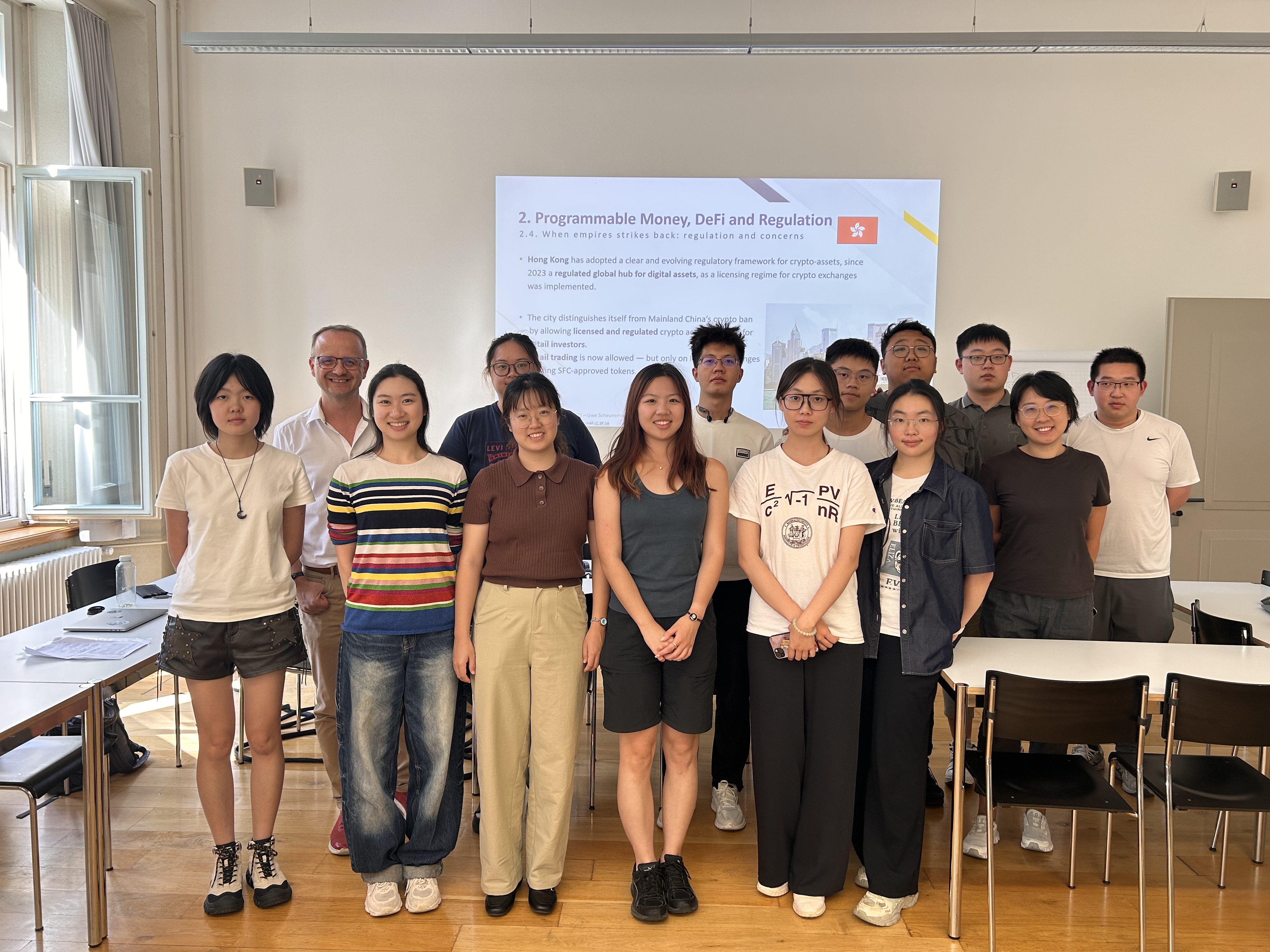

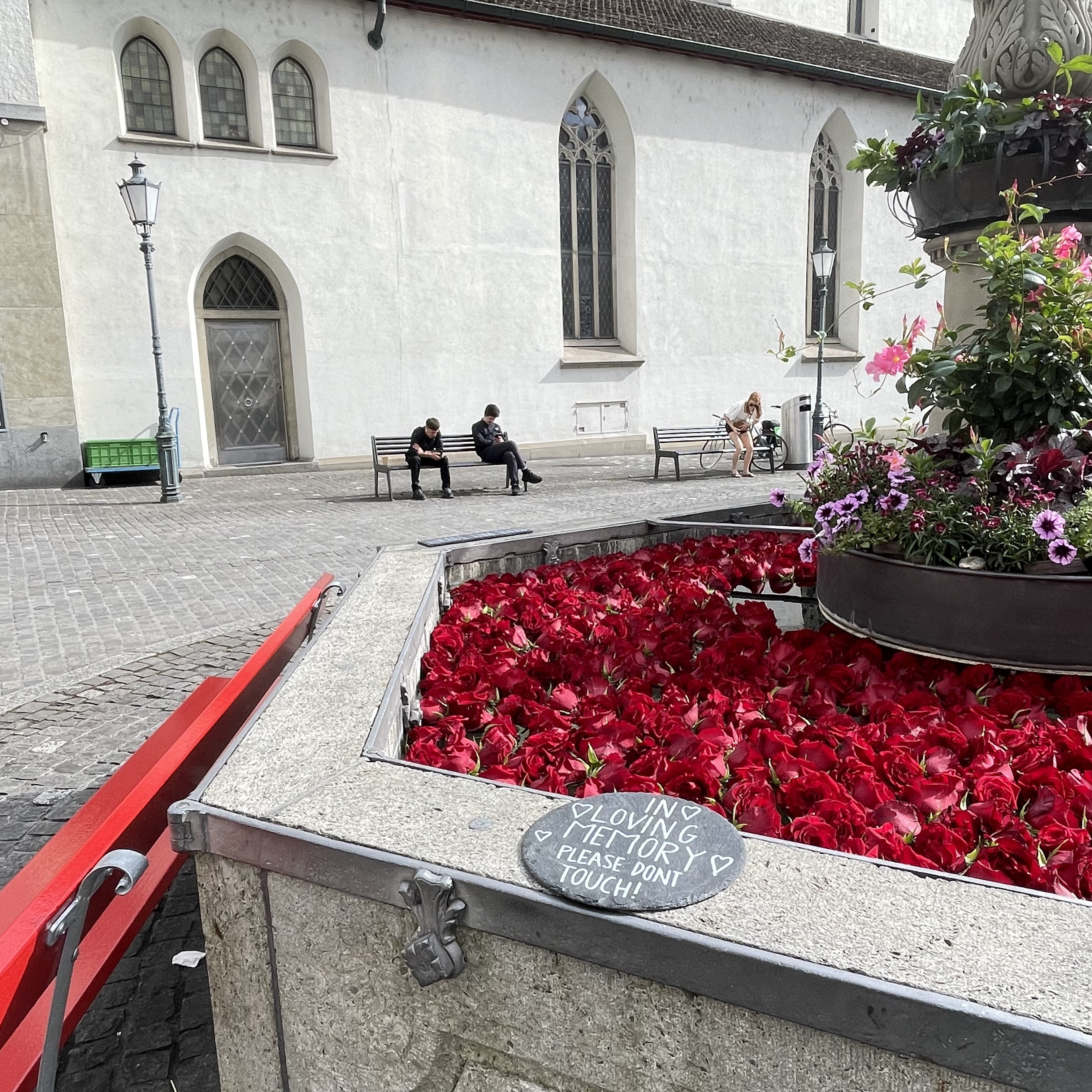
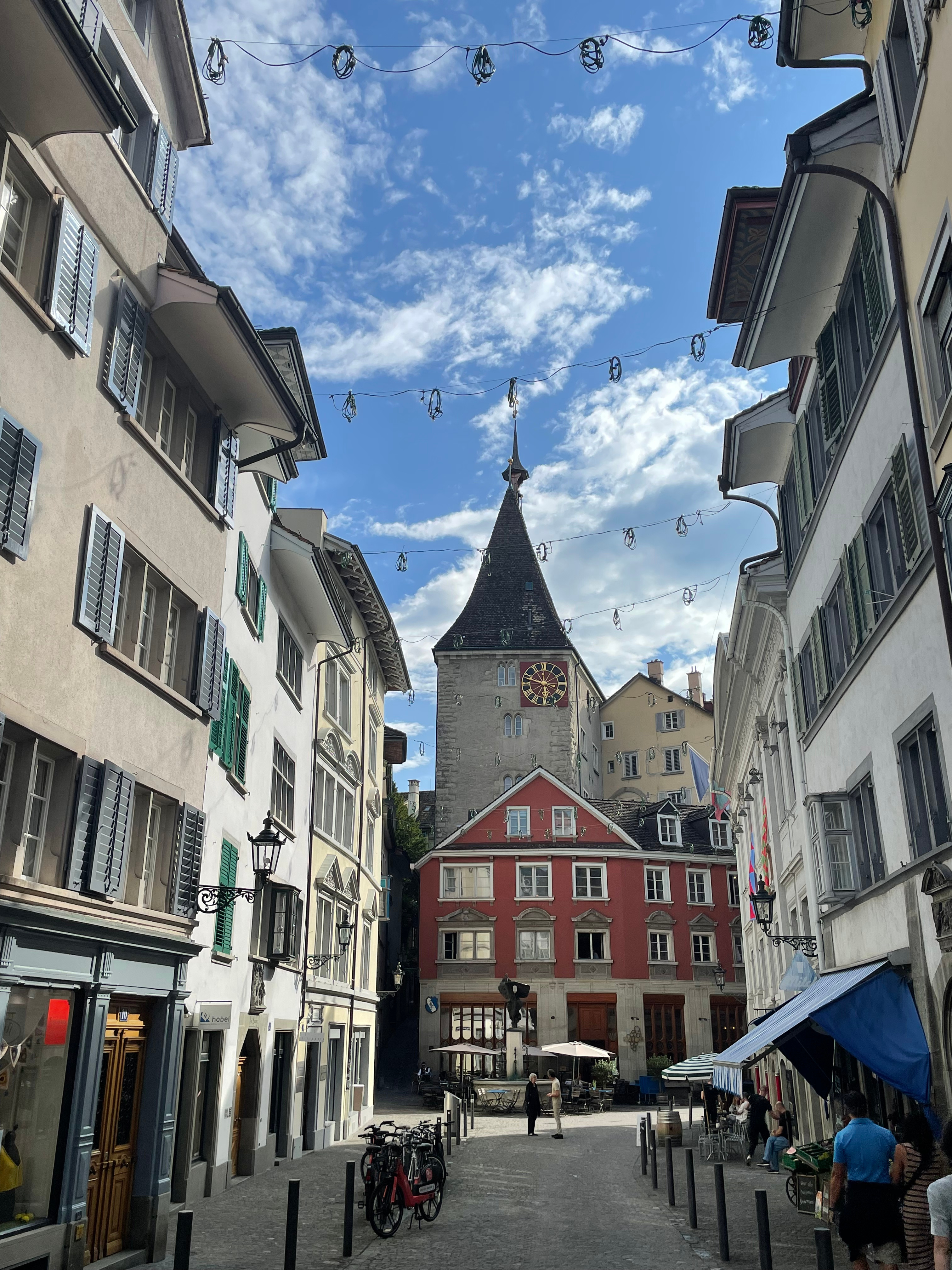



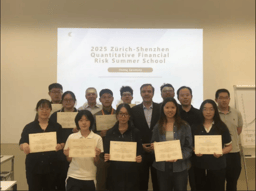
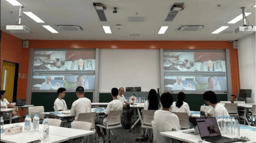
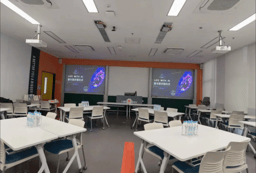
Please sign in
If you are a registered user on Laidlaw Scholars Network, please sign in